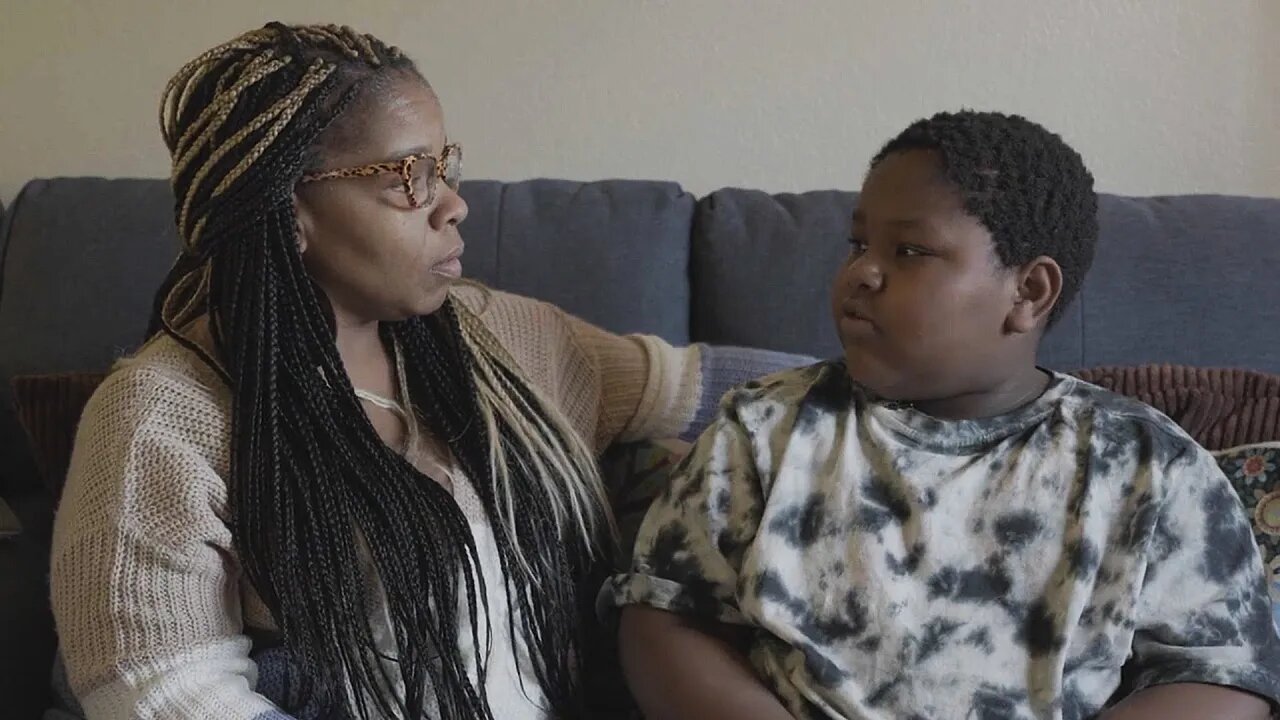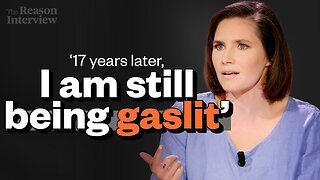Premium Only Content

The Struggle to Get Him to School
How access to school transportation drives inequality
When Christina Laster moved to Palm Springs, California, in 2020, she considered sending her son Daniel to the local elementary school that was right across the street. But at Julius Corsini Elementary School, the students score well below the state average in English and math.
"There's no way I am sending my son to a failing school," says Laster.
Instead, Daniel attends Palm Academy, which is part of the Springs Charter Schools network. Like all charters, the school is publicly funded, so there's no tuition bill. And Laster feels that it's well-equipped to serve Daniel's special needs.
The problem is that Palm Academy doesn't provide transportation. Because it's a charter, the school accepts students from as far as the next county over. And without access to options like the traditional yellow bus, getting to school can be a major barrier to exercising choice—especially for single-parent households like Laster's. This is a nationwide problem: Although it varies by district, about two-thirds of states don't require districts to provide transportation for charter school students.
"Like many things in public education, the orientation that school districts and the public sector tends to have toward school transportation is that the clients of the schools are the school districts rather than the clients are the parents and what they need," explains Andrew Rotherham, co-founder of the nonprofit Bellwether Education Partners, which has been studying how school transportation limits parental choice. "It's a struggle for parents to get their kids to a charter school [and] in suburbs that are very car-dependent where people may have to go great distances, choices start to become out of reach."
Often "low-income minority kids end up going the furthest to get to schools," he explains. "That's a function of parents being in communities where they may not have a schooling option that they want."
Laster drives between 35 and 40 minutes each way to get Daniel to school.
"After I drop him off at school," she says, "I'll just go to the park. And typically I'll spend my whole day there in meetings back-to-back or on phone calls." Her longest days span from 8:30 in the morning until 4:30 in the afternoon. She doesn't have reliable WiFi, and when she needs to use the bathroom she uses the public restroom in the park.
"If Daniel was provided with transportation to get to school," she says, "I could do my work more efficiently." Laster, who spent nearly 13 years in the San Diego public school system, now works in education reform at the National Parents Union.
"There's no funding from the state of California that is offered to charter schools for transportation. It's not even a line item on their budget," she explains. "We have a local control funding formula, we have what is called the Local Control and Accountability Plan, and there are no resources granted for public charter schools for transportation."
Skeptics might ask why districts should be required to transport kids to another neighborhood or another county just because their parents are dissatisfied with local schools. After all, they have the option to walk or take the bus to their zoned school already.
But "it really comes down to what is your vision for the public education system," argues Rotherham. "If parents want to make a choice, their kids can get there in an equitable and efficient way. The school choice argument is actually that the system should be responsive to the parents. They're the ultimate stakeholders."
"If we were to look at what happens with African American or black males in this country if they're unable to read and write then and if they're excessively punished, that's what we call a school to prison pipeline. I don't want my son on the school to prison pipeline," says Laster. "I want him to stay on the path he's on. He's at grade level. He's not failing in English language arts or math, which is huge for fifth-grade black boys in the state of California."
For Laster, transportation is an important part of realizing the promise of school choice. "I want my son to be educated. I want my son to have upward mobility," she says. "So I sacrifice now to make sure that he has the best outcomes possible later in life.
Produced and edited by Qinling Li; interview and narration by Katherine Mangu-Ward; additional editing by Arthur Nazaryan; color correction and graphic by Isaac Reese; audio mixing by Ian Keyser.
-
 1:22:48
1:22:48
ReasonTV
1 month ago'I have felt utterly exploited' by true crime | Amanda Knox | The Reason Interview
1.06K5 -
 2:30
2:30
MRCTV
2 years agoHigh School Grads Struggle With Simple U.S. Quiz
27310 -
 2:49
2:49
WEWS
3 years agoLocal school districts struggle with food, supply shortage
59 -
 0:32
0:32
Terohaynes
2 years agoOld School
43 -
 13:22
13:22
Stephen Gardner
18 hours ago🔥You'll NEVER Believe what Trump wants NOW!!
127K355 -
 54:56
54:56
Digital Social Hour
2 days ago $13.96 earnedDOGE, Deep State, Drones & Charlie Kirk | Donald Trump Jr.
73.5K8 -
 DVR
DVR
The Trish Regan Show
19 hours agoTrump‘s FCC Targets Disney CEO Bob Iger Over ABC News Alleged Misconduct
76.6K45 -
 1:48:19
1:48:19
The Quartering
20 hours agoElon Calls White People Dumb, Vivek Calls American's Lazy & Why Modern Christmas Movies Suck!
156K120 -
 2:08:42
2:08:42
The Dilley Show
21 hours ago $38.31 earnedH1B Visa Debate, Culture and More! w/Author Brenden Dilley 12/26/2024
132K44 -
 4:55:59
4:55:59
LumpyPotatoX2
23 hours agoThirsty Thursday on BOX Day - #RumbleGaming
117K9